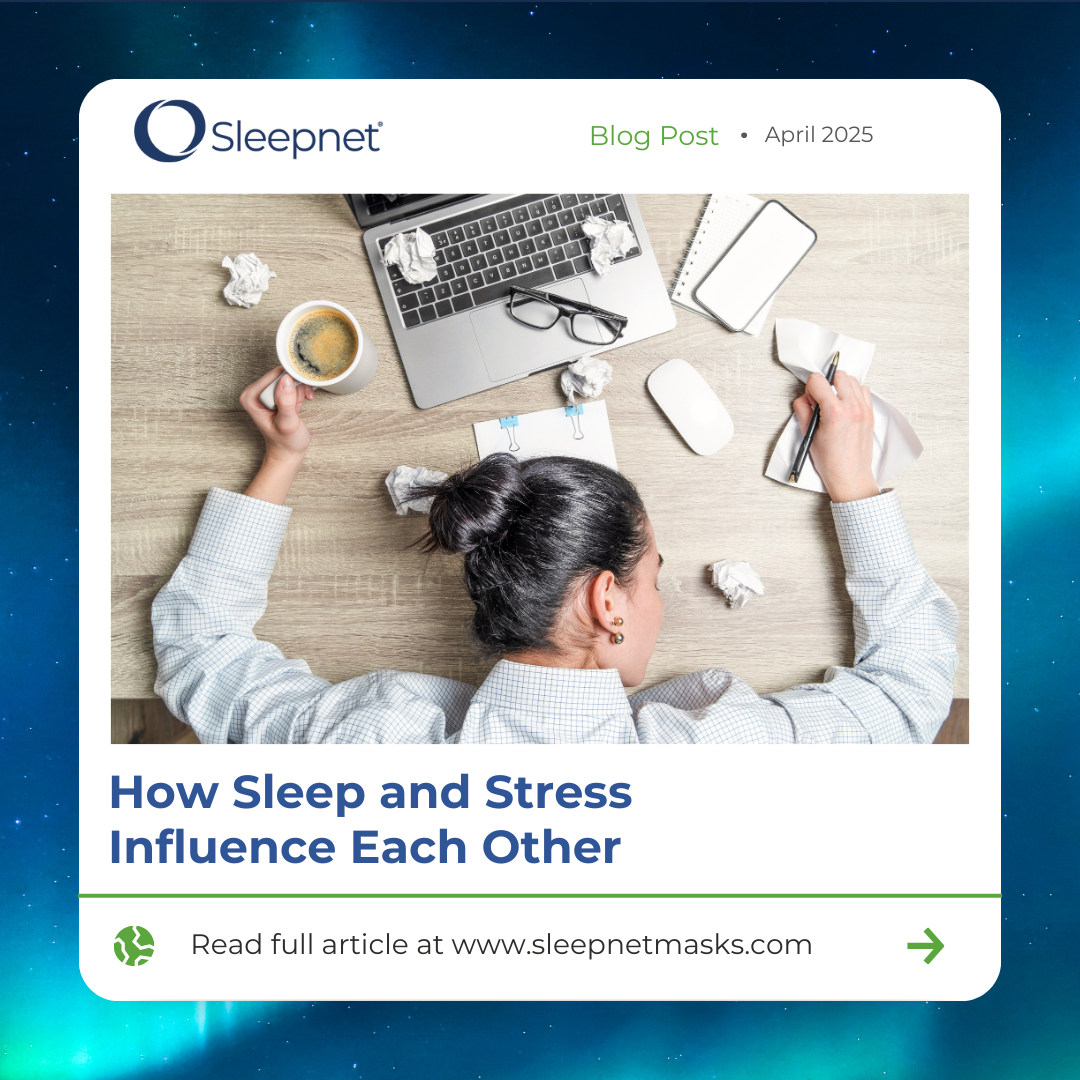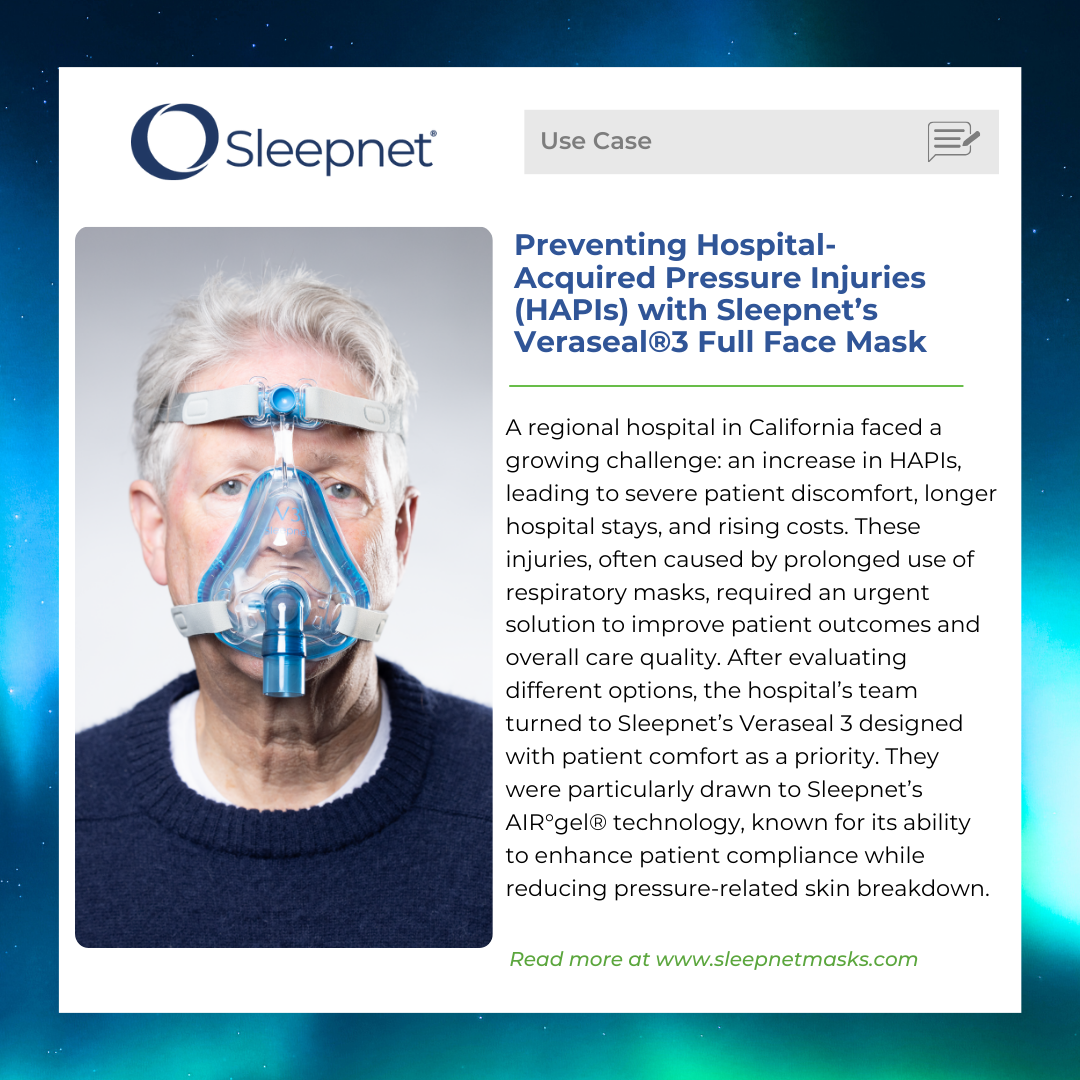How Sleep and Stress Influence Each Other
We’ve all had one of those nights—your mind is racing after a stressful day, and no matter how hard you try, sleep just won’t come. Then, the next morning hits like a brick. You’re groggy, irritable, and somehow even more stressed. Sound familiar? That’s because stress and sleep are deeply connected, feeding off one another in a frustrating, exhausting cycle.
When we’re stressed, the body pumps out cortisol, our natural stress hormone. It’s great in small doses—like when we need to think quickly or respond to danger—but elevated cortisol levels in the evening can make it incredibly hard to wind down and fall asleep. And here’s the kicker: poor sleep can also cause a spike in cortisol, keeping your body in a constant state of alert. So now, not only are you tired, but your body also thinks it’s still under threat. Cue the tossing, turning, and emotional overreactions the next day (Rise Science 2024, “A Sleep Doctor Explains How to Fix Your Cortisol and Sleep).
In fact, studies show that when we’re sleep-deprived, the emotional center of the brain—the amygdala—goes into overdrive. One study from UC Berkeley found amygdala activity was 60% higher in sleep-deprived individuals. That means less patience, more drama, and a much harder time coping with everyday stressors. And when we lose out on REM sleep—the phase where our brain processes emotions and resets mentally—we miss the brain’s version of “overnight therapy.” Without it, we’re less equipped to handle tomorrow’s challenges (PubMed Central 2018, “The Amygdala, Sleep Debt, Sleep Deprivation, and the Emotion of Anger: A Possible Connection?).
Now, for some people, this stress-sleep loop is intensified by something they might not even know they have: Obstructive Sleep Apnea (OSA). OSA causes repeated interruptions in breathing throughout the night, jarring the body out of deep sleep and increasing cortisol levels even more. Not only does it leave you feeling drained, but it can actually amplify stress and worsen emotional regulation. In this case, the solution isn’t just better bedtime habits—it’s medical.
Enter CPAP therapy, a game-changer for people with OSA. By delivering a steady flow of air to keep airways open during sleep, CPAP can restore restful, uninterrupted sleep and bring cortisol levels down. Many patients report not only improved energy and mood—but a renewed ability to handle the ups and downs of everyday life. Consistency is key here: the more regularly CPAP is used, the more resilient the body becomes.
Of course, whether you’re managing OSA or just trying to improve your sleep hygiene, there are plenty of habits that can help nudge you in the right direction.
- Sticking to a consistent sleep schedule helps regulate your internal clock.
- Creating a relaxing bedtime routine—think reading, light stretching, or meditation—can send calming signals to your brain.
- Avoiding screens before bed to help preserve melatonin levels and incorporating movement into your day reduces tension overall.
- Even your diet plays a role—foods rich in magnesium and potassium, like leafy greens and bananas, can help you relax and sleep more soundly.
The best part? Good sleep builds resilience. Getting consistent, quality rest doesn’t just help you manage stress in the moment—it makes you better at handling future stress too. Think of it as your body’s natural recharge system: the more you use it, the better equipped you are to take on whatever life throws your way.
The next time you’re caught in that cycle of stress and sleeplessness, know this—there is a way out. And it starts with prioritizing rest not just as a luxury, but as a powerful tool for feeling better, thinking clearer, and living well.



